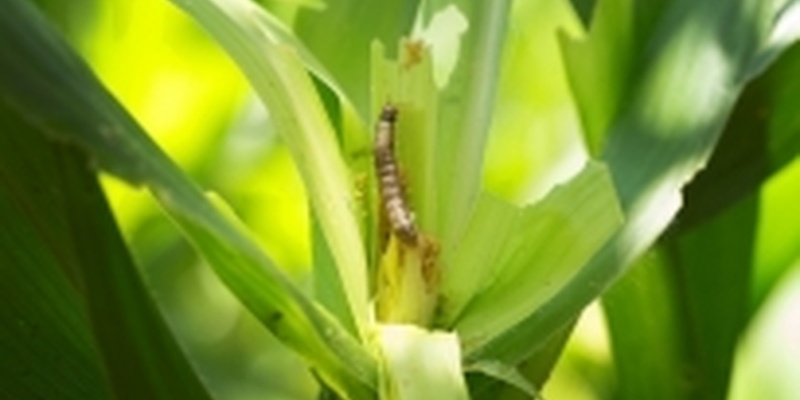Geneva Press Briefing: Update on global plant pests and their devastating impact on food security
Posted on Fri, 07 Apr 2023, 10:09

24/03/2023 Geneva – Osama El-Lissy, Secretary of the International Plant Protection Convention (IPPC) addressed the Geneva press corps on the current global problem of plant pests and the devastating impact on food security at the Biweekly Press Briefing organized by the United Nations Information Service (UNIS) in Geneva.
Osama El-Lissy said that even though plants provided 98 percent of the oxygen we breath and nearly 80 percent of our daily calorie intake, they were under siege. Plant pests destroy up to 40 percent of agricultural crops, including food crops each year, which cost the world approximately USD 220 billion annually in global trade losses.
For example, explained Dr. El-Lissy, bananas, the most widely traded fruit in the world, worth USD 7.5 billion, were under attack from the devastating banana fusarium (TR4), a fungus that attacks the roots causing bananas to wilt. In 2019, TR4 had been introduced in Latin America where two-thirds of the global banana trade originated. Based on a scientific review conducted in 2022, climate change was increasing the risk of pests spreading in agricultural and forest areas.
The mission of the International Plant Protection Convention (IPPC), which is an intergovernmental treaty involving 184 countries, is to safeguard agriculture and natural resources against plant pests and to facilitate safe trade. IPPC fulfills its mission by developing and implementing international standards. Parties to the Convention have the legal authority and responsibility to comply with the Convention and adopt the standards.
The IPPC’s governing body, the Commission on Phytosanitary Measures will convene in Rome from 27 to 31 March for its 17th annual session to adopt standards and to take stock of the progress in the global protection of plants. The CPM-17 will also provide a platform for parties to discuss the most pressing issues in plant health and how the IPPC Secretariat and partners can support them.
FAO Liaison Office in Geneva
Based in Geneva, a hub of international cooperation and multilateral diplomacy, FAO Liaison Office (LOG) promotes to the Geneva-based partners FAO’s contribution to the 2030 Agenda through its 2022-31 Strategic Framework. Moreover, the Liaison Office monitors and informs the Geneva-based deliberations to strategically position the Organization in line with its mandate and champion key thematic issues. As part of its liaison work, FAO in Geneva cooperates with the United Nations Information Service (UNIS) in Geneva to communicate and highlight the role of food and agriculture in achieving the Sustainable Development Goals (SDGs).
Related links
- Geneva Press Briefing (24 March 2023)
- International Plant Protection Convention (IPPC) website
This article was originally published on the FAO Geneva news page.

